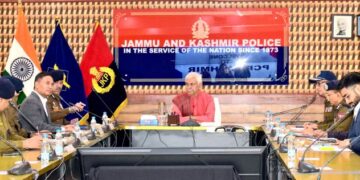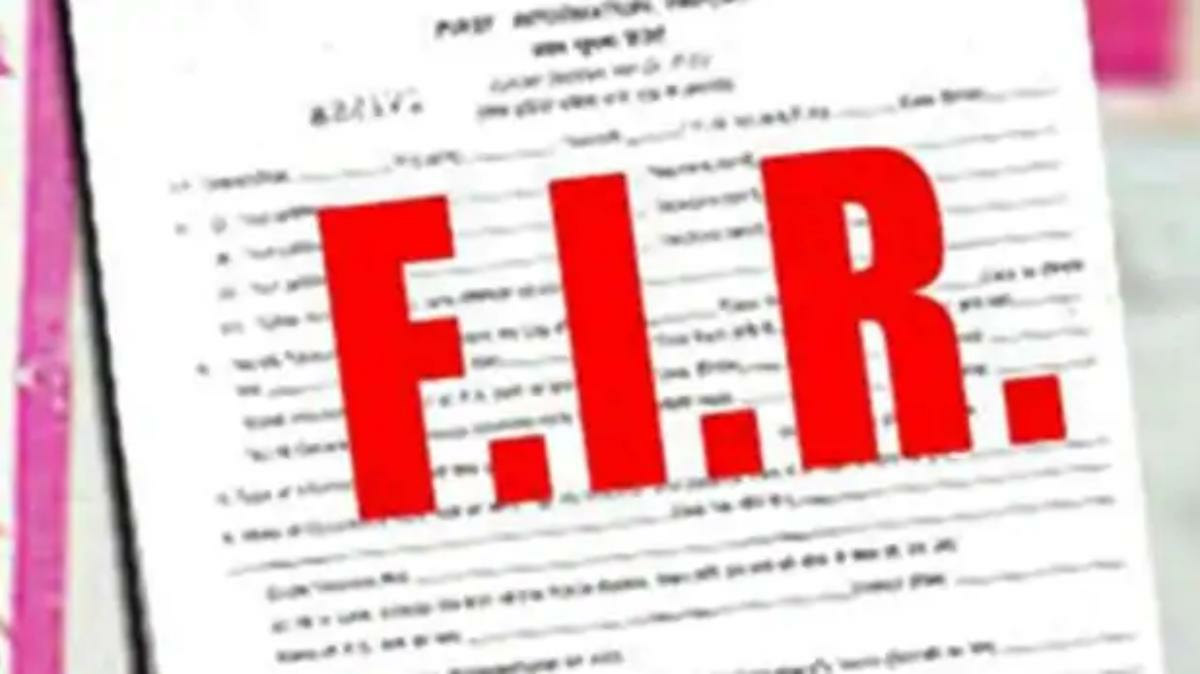Srinagar: A city court on Wednesday rejected the bail application of a man accused of issuing fake domicile certificates to the general public.
The court of Second Additional Munsiff Judicial Magistrate First Class, Ahtzaz Ahmed, while rejecting the bail application of Irfan Ahmad Lone, son of M Ashraf of Shah Mohalla Bemina said the offences are grave in nature and affect the society at large.
The magistrate said a message should be delivered in the society that forgery of official documents shall be dealt with heavy hands. Secondly, the public at large should be aware that representation seeking issuance of such documents shall always be routed through the proper channel established by the government.
According to the police report, a letter from the office of the Tehsildar Central Srinagar on February 27, 2024 informed the Police Station Bemina that a person approached it with eight domicile certificates.
Apparently the certificates appeared to be original but interestingly they could not be found in the official records.
The person informed the office of the Tehsildar that he got the certificates from the accused Irfan Ahmad.
An FIR was registered under sections 420 (cheating) and 468 (forgery) of IPC. Investigation was set in motion and two laptops, one mobile phone, a camera, a fingerprint scanner and printer were recovered besides recording the statements of witnesses. The accused Irfan was arrested, who subsequently filed a petition for bail.
According to the prosecution, the electronic gadgetry used in making fake domicile certificates has been sent for FSL examination. The accused was involved in the crime and has jeopardised the whole official process.
Hearing the matter, the magistrate observed “the domicile certificates issued are stated to be fake and forged by the issuing authority. As such they may have been misused in different forums. Therefore, the nature of the offence is heinous and non-bailable.”
The court said the offence is serious in nature as it impacts the state. Issuance of fake domiciles and its usage can have serious consequences on the state machinery.
The offence, according to the court, is punishable in terms of section 420 of IPC and carries punishment of seven years imprisonment with fine. The offence in terms of section 468 of IPC also carries a similar punishment.
In case of granting bail to the accused, there is likelihood that the accused might tamper documentary evidence and flee the territorial jurisdiction of the court to escape trial, said the court.
It observed that the accused has cheated the general public by claiming to be authorised for issuing domicile certificates. It consequently denied bail to the accused.







